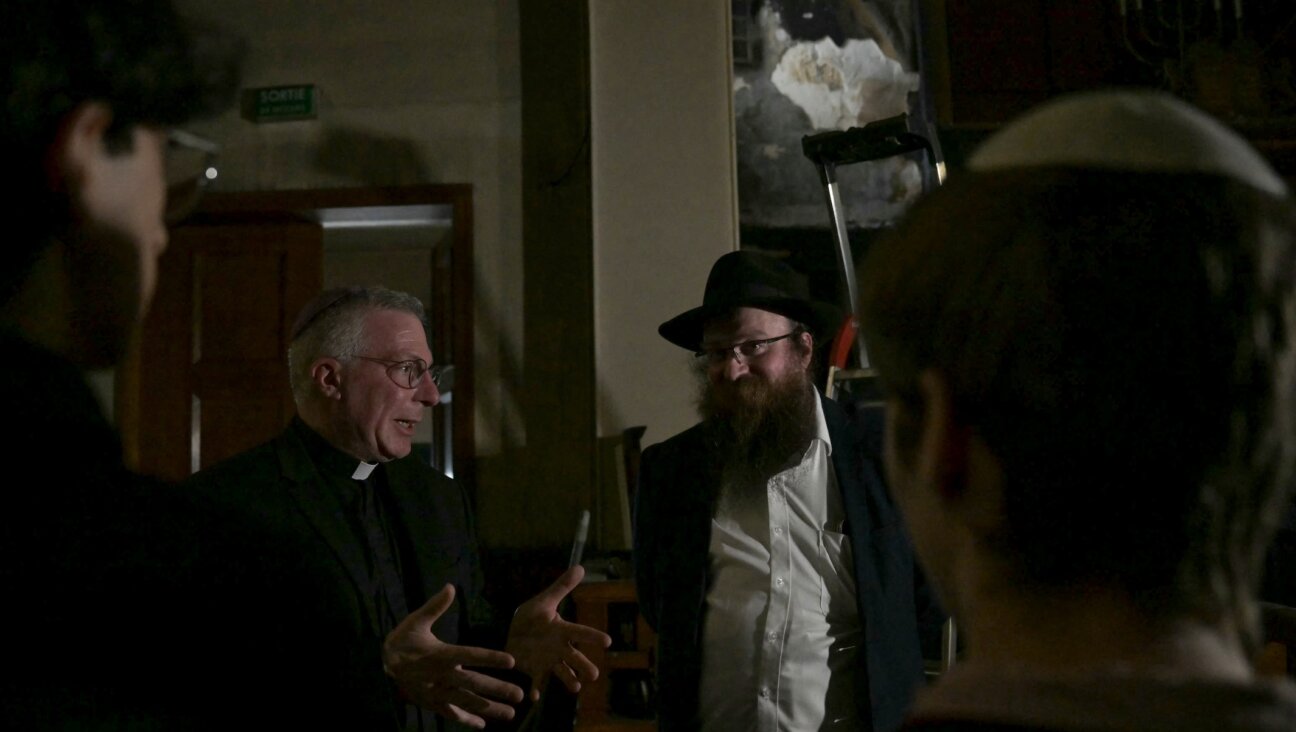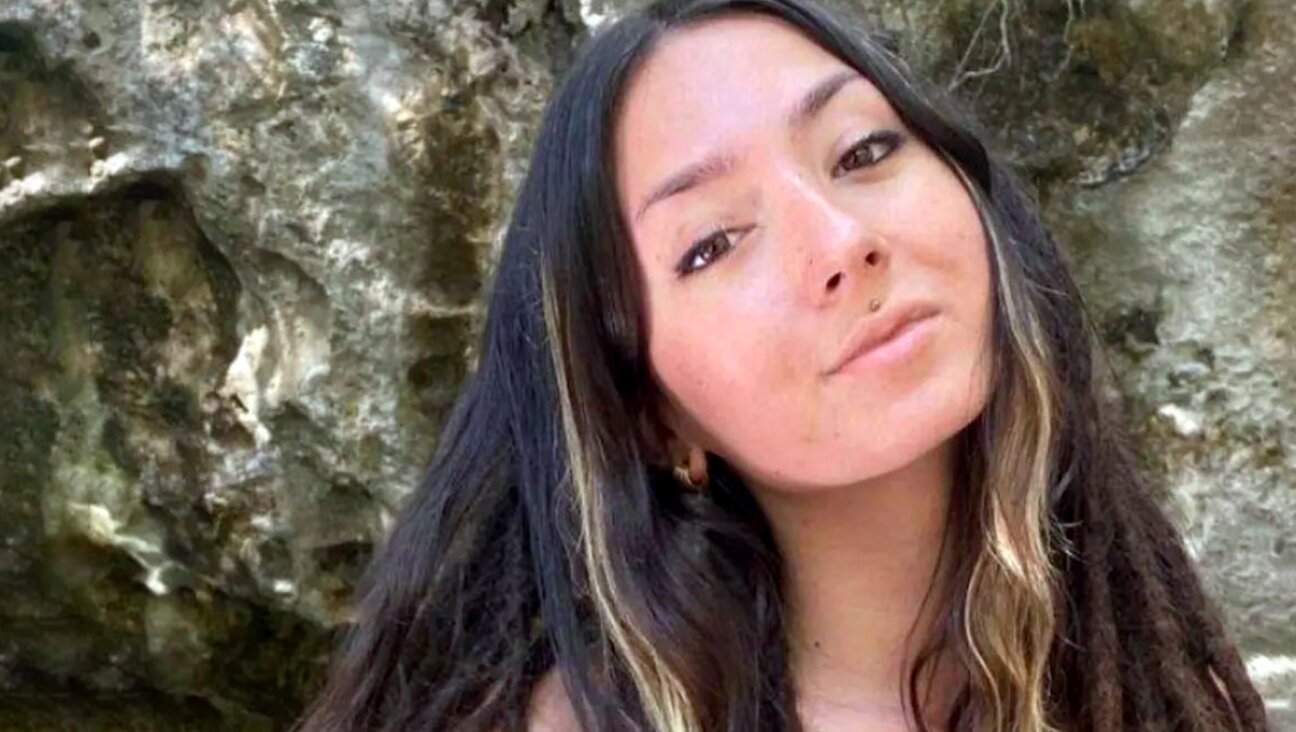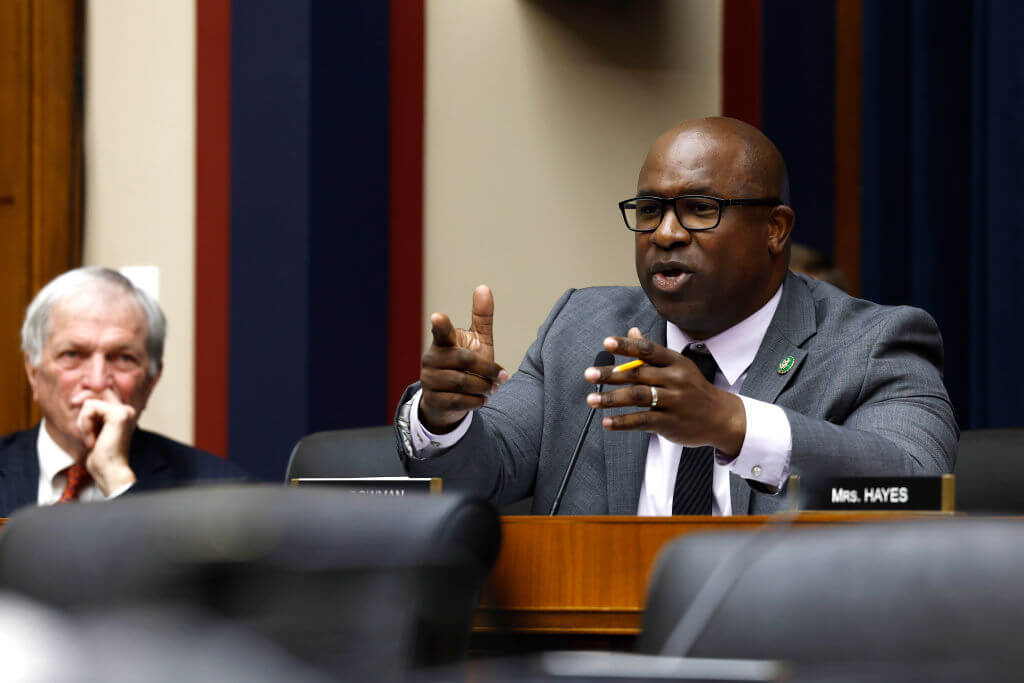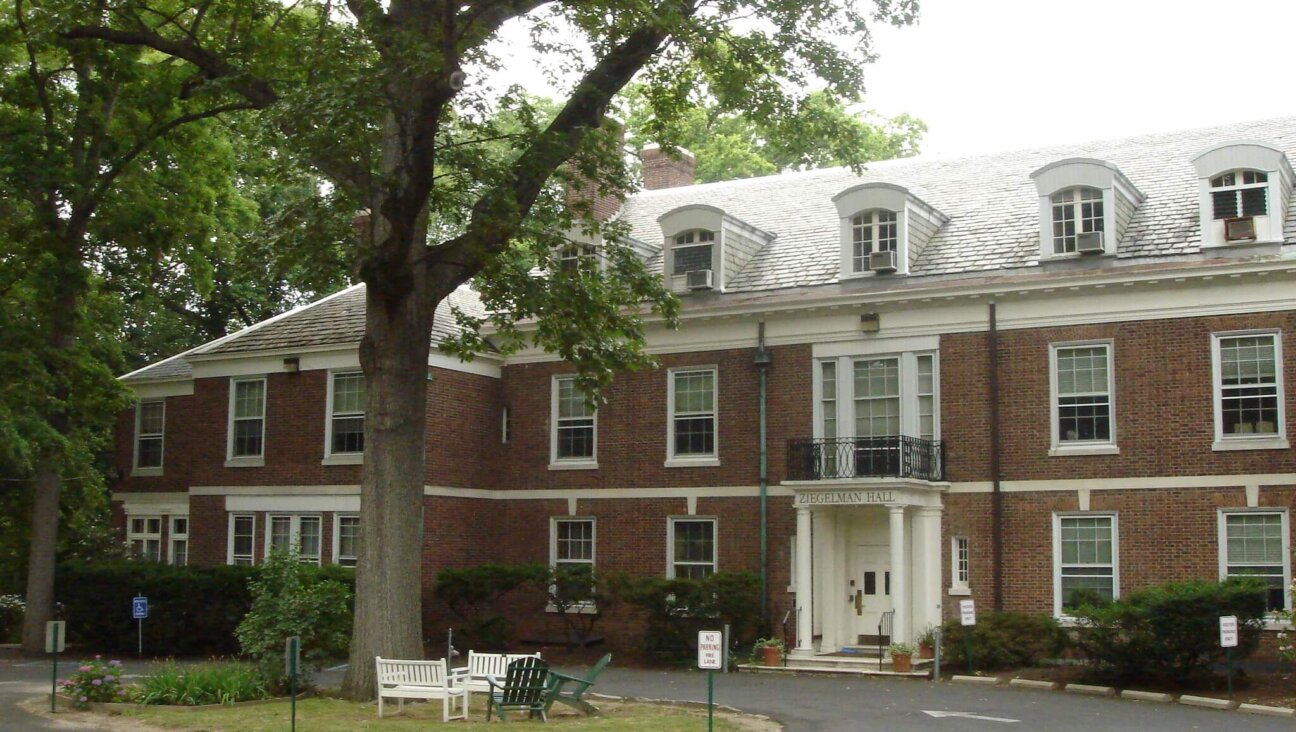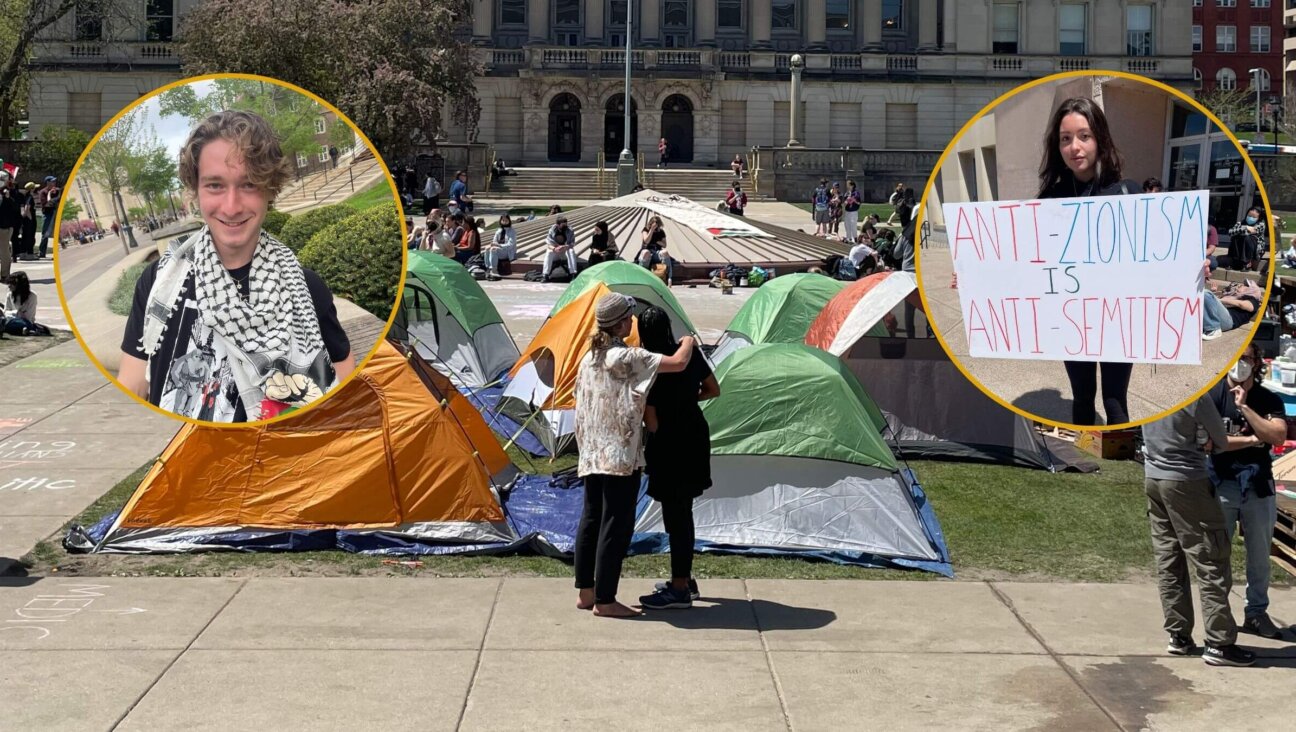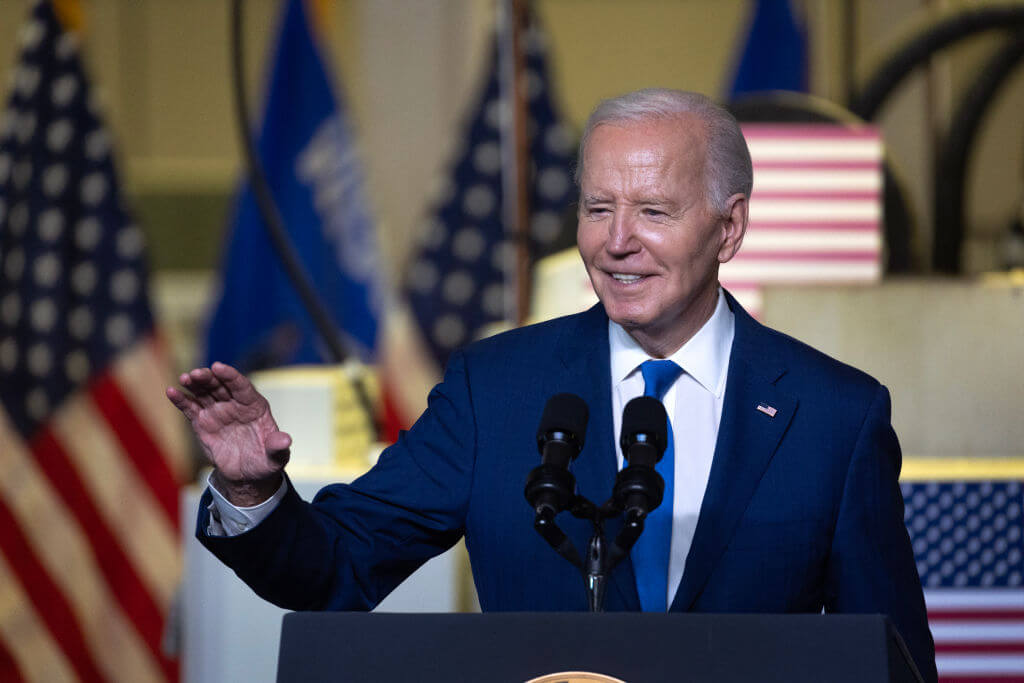Pittsburgh trial enters new phase: Should the synagogue shooter get the death penalty?
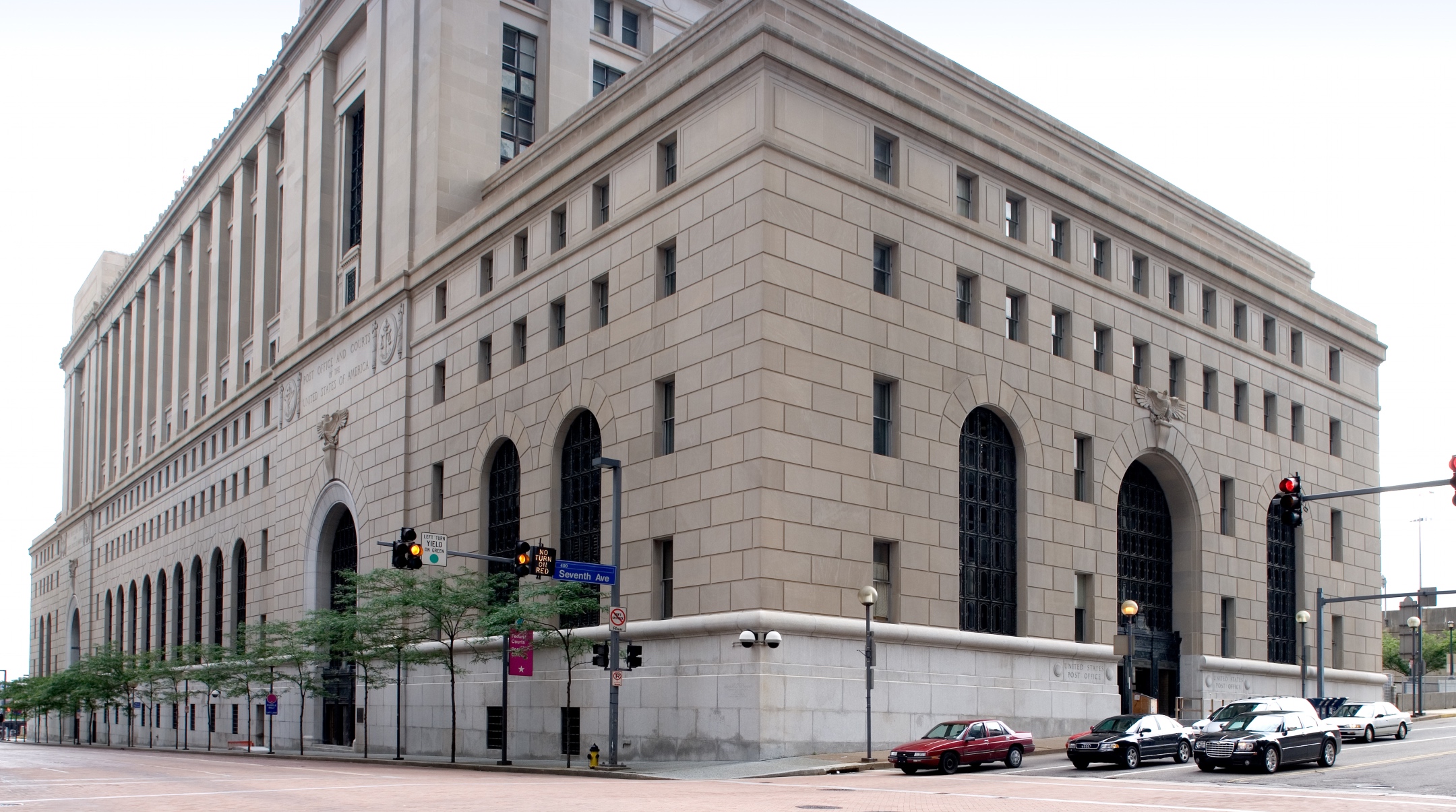
U.S. Courthouse and Post Office, Pittsburgh, Pennsylvania. Nov. 16, 2010. (Carol M. Highsmith/Buyenlarge/Getty Images)
PITTSBURGH (Pittsburgh Jewish Chronicle via JTA) — Prosecutors have moved to block the convicted synagogue shooter and his defense team from presenting certain evidence to the jury during the next phase of the trial, such as comparing the case to others or putting a witness on the stand to argue that the death penalty is not a deterrent to murder.
The defendant was convicted last week of using an AR-15 to slaughter 11 worshippers from three congregations at the Tree of Life synagogue building on Oct. 27, 2018, because of his hatred of Jews. Among the 63 counts on which he was convicted, 33 carry the potential death penalty.
Under the Eighth Amendment, a jury in a capital case is required to consider all mitigating evidence and decide how much weight to give it. But prosecutors said that doesn’t mean the defense has “unfettered discretion” to present anything the lawyers consider mitigating.
“Rather,” they said, “the Supreme Court has clearly established that relevant mitigating evidence must be related to the defendant’s background, character, or record, or the circumstances of his offense.”
The government said it anticipates that defense lawyers will try to introduce evidence and argument that has no “probative” value and risks misleading the jury.
For example, they said the lawyers may try to tell jurors that they aren’t required to impose death or that they can consider sparing the defendant out of a sense of “mercy.” The prosecutors say that shouldn’t be allowed because the law prevents the jury from disregarding its findings. If the jury decides that the aggravating factors outweigh the mitigating ones, they must choose death, prosecutors said, and aren’t allowed to consider “some arbitrary sentencing discretion.”
In its own motion filed Monday, the defense balked at that notion, saying the government’s approach presumes a “mechanical weighing process rather than an individualized, personal moral judgment.”
The lawyers said that while Colville won’t instruct the jury on mercy, “it should not prohibit the defense from asking the jury to consider mercy.”
The government also said it believes the defense will call Kevin McNally, a Kentucky death penalty lawyer, who is expected to talk about the “arbitrary application” of the federal death penalty. Prosecutors said his opinions have nothing to do with the shooter’s background, character or the murders he committed.
The defendant, they said, has now been convicted of killing 11 people and trying to kill others.
“Any argument that the decision to seek the death penalty was arbitrary was grossly undercut by the jury verdict and should not be allowed,” the government said.
But the defense team said that the law provides for a broad interpretation of mitigating factors and that McNally should be allowed to present evidence that a death sentence would be “disproportionate to sentences received in equally or more aggravated cases.”
The defense also wants to call Michael Radelet, a Colorado anti-death penalty professor who will presumably say the death penalty doesn’t deter anyone from killing. Prosecutors want Colville to block that testimony, too, because they say it has nothing to do with the defendant or his crimes.
Defense lawyers say, however, that Radelet should be allowed to present his evidence because the history of the Federal Death Penalty Act “makes clear that the deterrent effect of the death penalty is an appropriate consideration for the jury.”
The prosecution team similarly says the defense should not be allowed to bring up the fact that the defendant offered to plead guilty in exchange for his life. The government says those plea offers were “transparent attempts to avoid a capital trial, and they provide little, if any, insight into a possible claim of remorse or regret the defendant might assert.”
But the defense lawyers said the plea offer is relevant to the defendant’s state of mind, “which in turn is relevant to acceptance of responsibility.” They said the jury can decide how much weight to give it.
Defense lawyers are also expected to call three witnesses to talk about what life will be like for him in prison, but prosecutors said those witnesses’ opinions are also irrelevant.
In addition, the defense may try to introduce evidence about how executing the defendant will affect his family. That too is irrelevant, prosecutors said, and an “impermissible plea for sympathy.”
The defense team said the jury should hear the impact evidence because they say it is admissible under the Eighth Amendment and the Federal Death Penalty Act.
Finally, the prosecution said Colville should prevent the defendant from offering an unsworn statement to the jury and preclude the defense from telling the jurors that he will never be released from prison if they sentence him to life.
The prosecutors said, essentially, that no one can say for sure if that’s true.
As to the defendant’s right to present a statement, his lawyers say he absolutely has that right under the Fifth Amendment due process guarantees.
On the issue of release from prison, the defense said Colville already told potential jurors during the selection process that there is no parole in the federal system, so he will never be released.
The lawyers said they should be allowed to tell the jury the same thing.
This story is part of ongoing coverage of the Pittsburgh synagogue shooting trial by the Pittsburgh Jewish Chronicle and the Pittsburgh Union Progress in a collaboration supported by funding from the Pittsburgh Media Partnership. It is reprinted with permission.
This article originally appeared on JTA.org.

I hope you appreciated this article. Before you go, I’d like to ask you to please support the Forward’s award-winning, nonprofit journalism during this critical time.
Now more than ever, American Jews need independent news they can trust, with reporting driven by truth, not ideology. We serve you, not any ideological agenda.
At a time when other newsrooms are closing or cutting back, the Forward has removed its paywall and invested additional resources to report on the ground from Israel and around the U.S. on the impact of the war, rising antisemitism and the protests on college campuses.
Readers like you make it all possible. Support our work by becoming a Forward Member and connect with our journalism and your community.
Make a gift of any size and become a Forward member today. You’ll support our mission to tell the American Jewish story fully and fairly.
— Rachel Fishman Feddersen, Publisher and CEO
Join our mission to tell the Jewish story fully and fairly.







